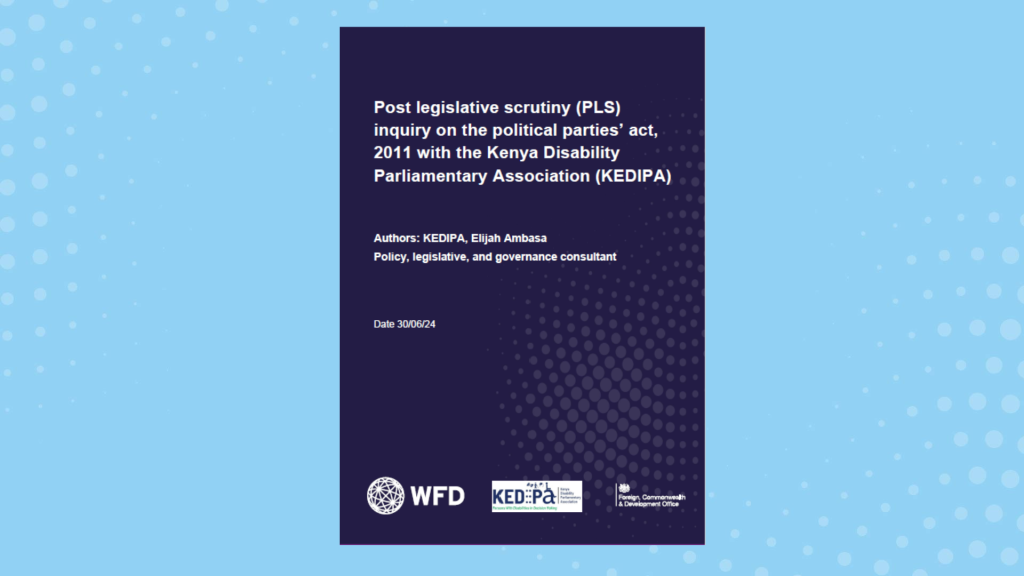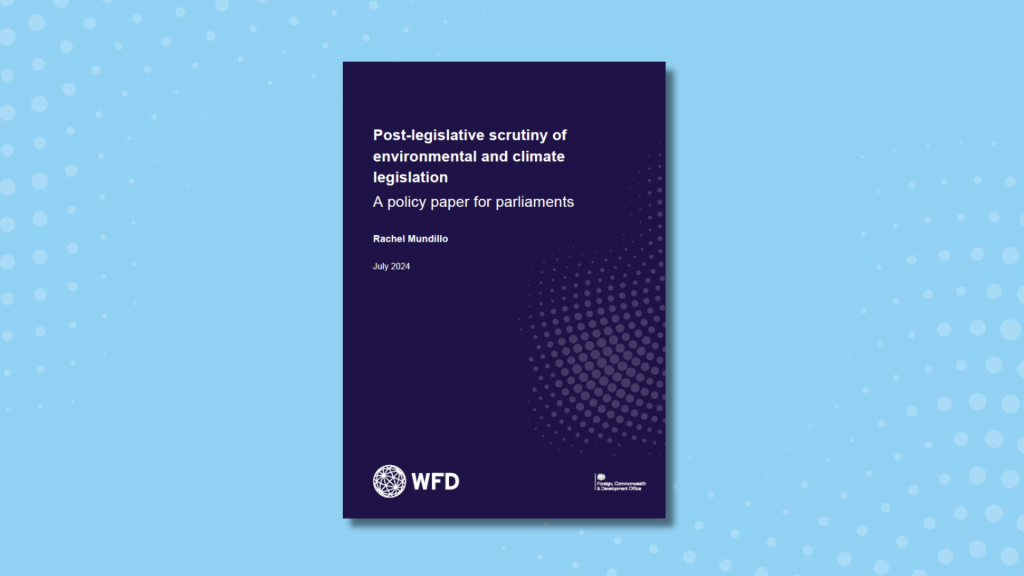As a tool for oversight, PLS cannot be excluded from the need to evaluate its usefulness and effectiveness in the context of the work of parliaments. Parliaments who conduct PLS need to know how effective, efficient, transparent and inclusive their PLS practice is and what kind of results, outcomes and impact it produces.
PLS can be assessed: a) in the context of the work of parliamentary committees; b) in terms of influence on public policy, media or society; c) as a stand-alone practice; or d) as parliamentary practice and as a democratic process. Each approach comes with different strengths and weaknesses in relation to its capacity to capture the intricacies of PLS activities; the ways of conducting PLS; institutional practices; and the prevalence, importance and impact of PLS in the context of committee or broader parliamentary work.
The proposed approach to PLS evaluation focuses on three levels:
- The evaluation of individual PLS activities
- Evaluation of PLS practice at committee level
- PLS practice at parliament level
The subject of PLS evaluation is (in all three layers):
- process (scope, method)
- outputs (reports, recommendations)
- outcomes (acceptance and implementation of recommendations, influence on policy, media, society)
- longer-term impact (broader change and influence on policy or society)
The purpose of this paper is to explore options in relation to evaluation of post-legislative scrutiny activities and propose ways to operationalise them in a parliamentary setting.




